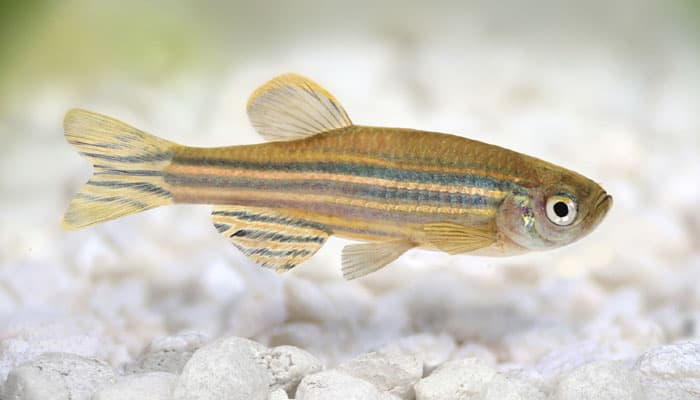London: Scientists have discovered how bluefin tuna keep their hearts pumping during temperature changes that would stop a human heart.
Pacific bluefin tuna are top predators renowned for their epic migrations across the Pacific Ocean.
They are unique amongst bony fish as they are warm bodied (endothermic) and are capable of elevating their core body temperature up to 20 degrees Celsius above that of the surrounding water.
They are also capable of diving down below 1000 m into much colder water which affects the temperature of their heart, said scientists at The University of Manchester who worked with colleagues at Stanford University in US.
"When tunas dive down to cold depths their body temperature stays warm but their heart temperature can fall by 15 degrees Celsius within minutes," said Dr Holly Shiels at University of Manchester's Faculty of Life Sciences.
"The heart is chilled because it receives blood directly from the gills which mirrors water temperature. This clearly imposes stress upon the heart but it keeps beating, despite the temperature change. In most other animals the heart would stop," Shiels said.
The mis-match between oxygen demands of the tunas' warm swimming muscles and the cardiac system that operates at water temperature is a puzzle researchers have long been trying to solve.
To study the problem the team worked at the Tuna Research and Conservation Center at Stanford University, one of the only places on the planet with live tuna for research.
Researchers led by Professor Barbara Block at Stanford used electronic tags to monitor bluefin tuna in the wild.
The researchers were able to measure three things: the depth of the fish; its internal body temperature and the ambient water temperature.
They then used the wild data to set the experimental conditions in the lab with single tuna heart cells to see how they beat.
"We discovered that changes in the heart beat due to the temperate, coupled with the stimulation of adrenalin by diving adjusts the electrical activity of the heart cells to maintain the constant calcium cycling needed to keep pumping," Shiels said.
"If we went through this temperature change our calcium cycling would be disrupted, our hearts would stop beating and we would die," Shiels added.
The results have been published in Proceedings of the Royal Society B.
















